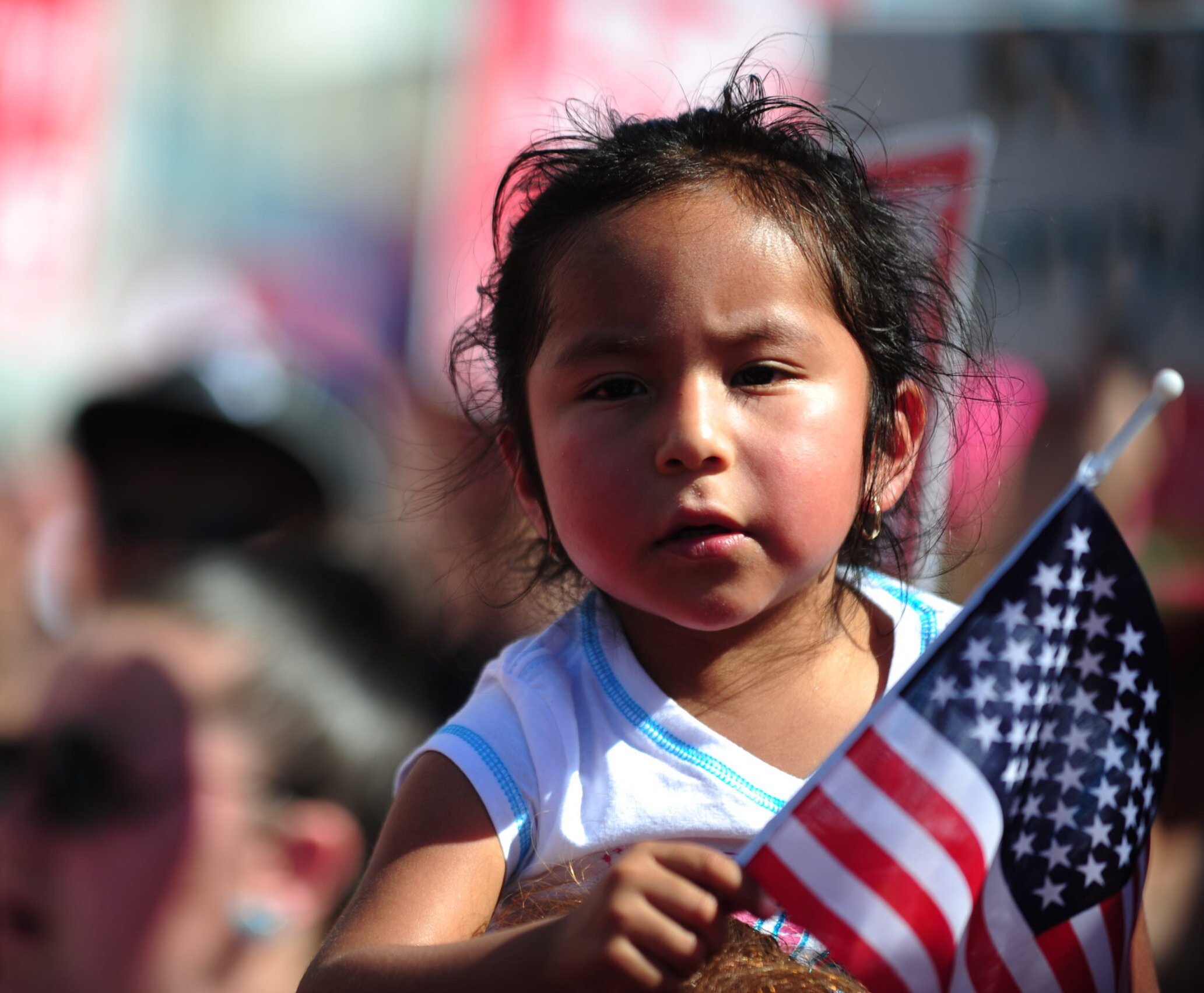ustxtxb_obs_2003_07_04_50_00004-00000_000.pdf
Page 23
FEATURE A Radical in the Family The children of activists struggle with their parents’ choices BY MICHAEL ERARD 0 ne spring morning in 1989, Rob Meeropol woke up with a political vision bright in his mind. Since the mid-1970s he’d been leading an effort to reopen the case of his parents, Julius and Ethel Rosenberg, who were executed in 1953 for conspiring to steal atomic secrets. The existential crisis this caused him was acute: Mired in the past, he was too busy to spend time with his own wife and children. To make matters worse, he also worked, unhappily, as an estate attorney “in the belly of American business,” as he puts it. He wanted to be politically active but he wasn’t sure how. He wanted to be a son of the Rosenbergs, but in his own way. That morning, he suddenly knew the answer. To make his private trauma public and useful, one that dealt with the future, not the past, he would start a foundation to help children like him and his older brother, Michael, the sons and daughters who have suffered for their parents’ political choices. Since then, Meeropol, the father of two daughters and prominent in radical circles as a Rosenberg son, has become something of a political father to several hundred children who receive money from the Rosenberg Fund for Children, the foundation he started in 1990. They’re the children of “targeted” activists who have been harassed, arrested, jailed, or killed as a result of their activities. “Regardless of tactical and political differences we may have with these activist parents,” Meeropol wrote in an early letter to his supporters, “their fate is a result of political action they took…Their children are completely innocent.” In 13 years Meeropol has given $1.2 million to 328 children in 119 families. Most of the grants pay for activities piano lessons, gymnastics camp, intensive Spanish classesthat restore peace and play to childhood. A smaller portion of the money pays for travel expenses so children can visit their imprisoned parents. “We don’t impose our values on any of our beneficiaries, but I think the most important thing is for children to be free to be children,” Meeropol says. “I feel we’ve done positive work if we’ve had a positive impact on a young person’s growing up to be a healthy functioning adult.” For over a year I have contacted RFC beneficiaries and talked with them about their relationships with their parents, politics, and the RFC. They know little of the intricacies of in 1953. Photo courtesy of Rob Meeropol the Rosenberg espionage case, which has re-entered the public eye: June 19, 2003 marked the 50th anniversary of the execution of the Rosenbergs for conspiracy to commit atomic espionage, and Meeropol this spring published his touching, honest memoir, An Execution in the Family. Yet like the 4 THE TEXAS OBSERVER 7/4/03


